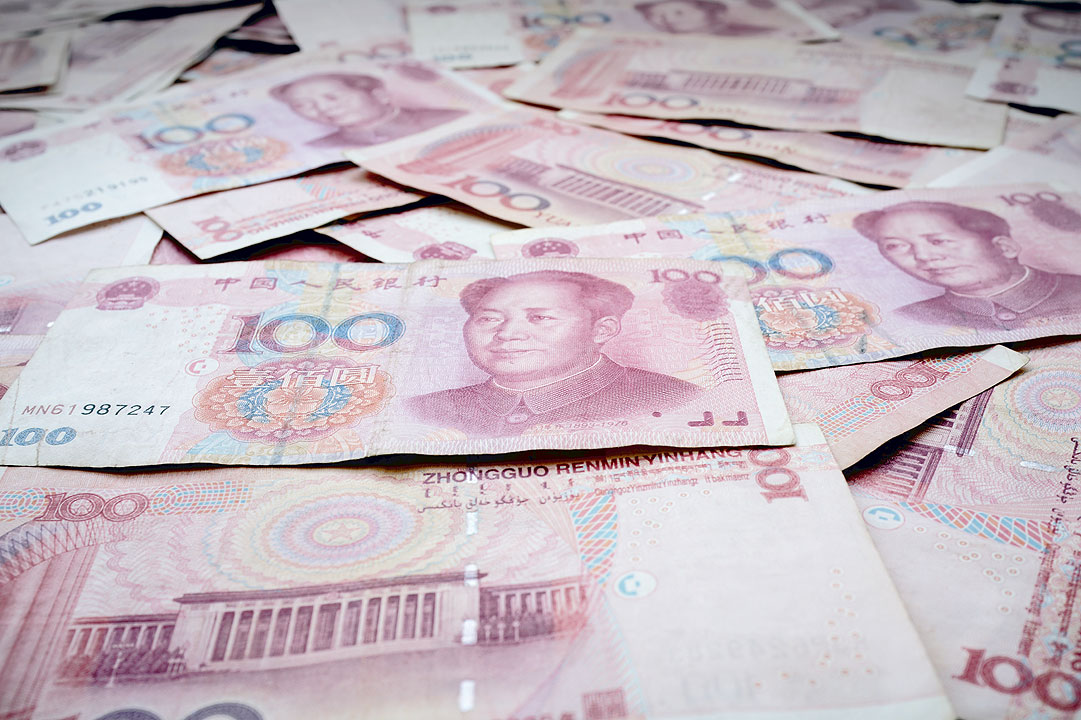China’s cash operation, stronger data dampen broad policy easing bets

A REDUCTION in China’s reserve requirement ratio looks increasingly unlikely after the authorities rolled over all policy loans coming due and data surprised on the upside, suggesting that bonds will have little room to gain.
The People’s Bank of China (PBoC) injected 1 trillion yuan ($157 billion) through its medium-term lending facility (MLF) on Monday, matching the record amount maturing in November. The nation’s October retail sales and factory output data beat economists’ forecasts, and all this indicate there’s little need for policy easing for now, according to Australia & New Zealand Banking Group Ltd.
China government bonds have been whipsawed by liquidity concerns and fears of quickening inflation after the nation’s producer price index registered the fastest growth in 26 years. As the odds of an RRR cut wane, the next cue may come from a virtual meeting between President Xi Jinping and his US counterpart Joe Biden on Monday.
“The chance for a reserve-requirement ratio cut in the fourth quarter is close to zero,” said Zhaopeng Xing, senior China strategist at ANZ. “The PBoC will likely trim daily injections via open-market operations to limit leverage in the banking system. Government yields won’t fall much from here given the fading bets on aggressive easing.”
A total of 800 billion yuan of one-year policy loans are maturing Tuesday while 200 billion yuan will fall due on Nov. 30, resulting in the largest monthly maturity of medium-term loans on record. The PBoC kept the interest rate unchanged at 2.95% on Monday, adding that the operation covers all MLF maturities in November.
The operations were followed by official data that showed China’s industrial output rose 3.5% in October from a year earlier, exceeding September’s reading and economists’ expectations. Retail sales growth accelerated to 4.9%, above the 3.7% estimate in a Bloomberg survey of economists.
China’s 10-year sovereign bond yield was little changed at 2.93% as of 11:36 a.m. in Shanghai. The securities declined last week after posting their biggest five-day gain since July.
The overnight repo rate — a gauge of interbank funding costs — fell as much as seven basis points to three-week low of 1.78%.
The PBoC on Monday also reduced its injection of short-term cash via open-market operations to 10 billion yuan from 100 billion yuan in the previous session. That resulted in a net withdrawal of 90 billion yuan. — Bloomberg



